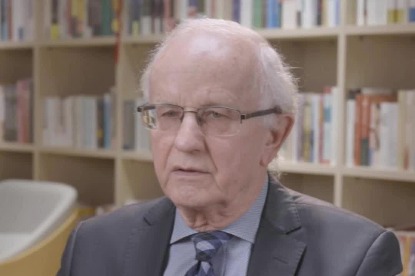Action taken to curb false rumors
Supplies from Shanghai Huashan Hospital, including vital items for medical workers, had been "stolen and had disappeared" after being sent to Wuhan, Hubei province


People falsifying posts about emergencies, epidemics, disasters or alerts online or through media platforms, or who know that certain information is fake but still spread it to disturb public order, face imprisonment of up to seven years under the Criminal Law.
Xu added: "Some inaccurate or exaggerated information may have been posted as a well-intentioned warning. I think a better way to deal with this is for the authorities to promptly correct such action. Law enforcement departments should also show some tolerance and guidance, instead of handing out tough punishments."
Li Ya, the lawyer, said: "For a better online environment, individuals need to widen their knowledge ...and governments at all levels need to improve their efficiency in disclosing information and to refine their law enforcement measures."
- China-SA science exhibition showcases innovation, cultural exchange
- China opens draft regulations on data protection to public consultation
- Veteran French physicist elected to Chinese Academy of Sciences
- Former Polish deputy PM praises China's economic rise, growing influence
- HK powers the nation's equestrian development
- Forum hailed for promoting Global South modernization




































